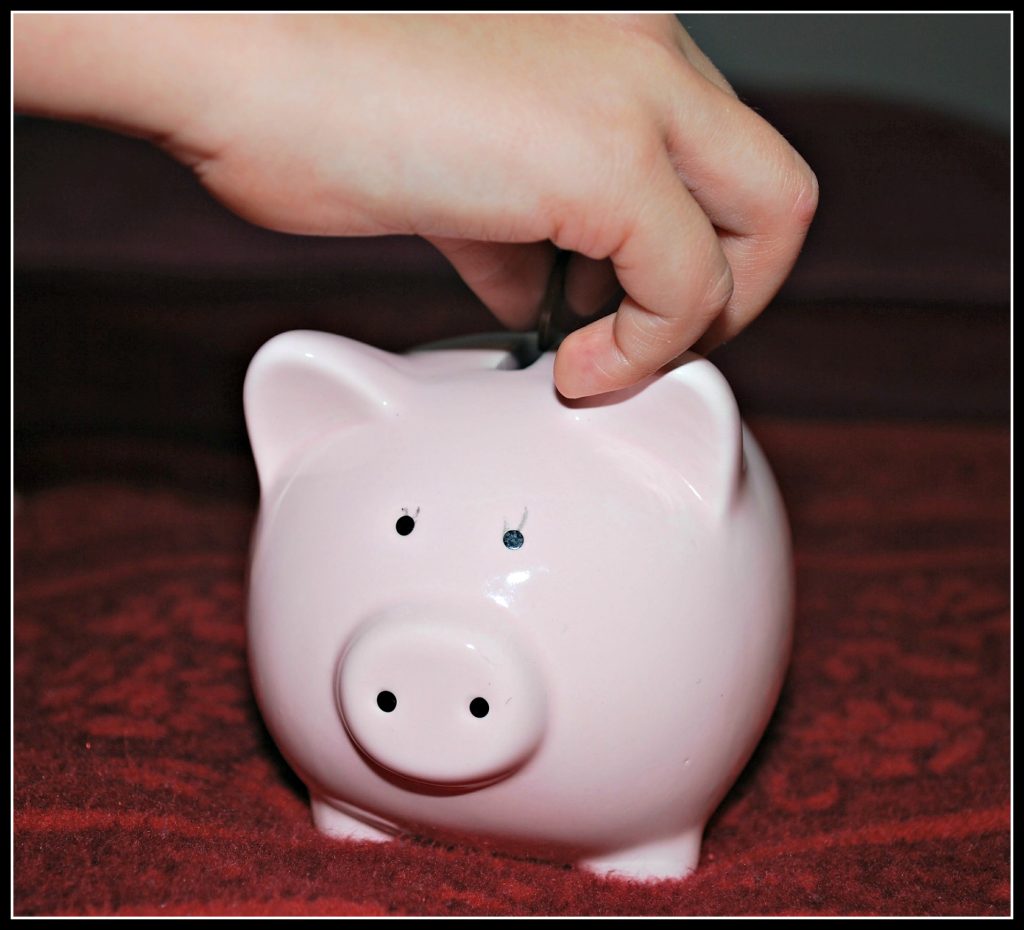The other day my daughter Helen came home from school with a note from her teacher. It explained that she had been using coins during a lesson to add up and subtract to certain sums of money. The note suggested we do a little further practice at home.

My wife and I were only too happy to oblige. Although there is always room for improvement, we have been teaching Helen about money since she was bout four years old.
She gets money for chores and this is kept in a jar. When she saves up a certain amount, she can spend it. We also use online systems. This, we feel, is a vital lesson as so many transactions are carried out online. Our kids must understand how they work from a very early age.
Something we may look into as the kids get older is issuing them with pre-paid payment cards. This will give them the experience of using plastic without being able to get into debt. One such card provider is icount. The company has done some very interesting research into the age parents think children should be taught about money.
In total 1,000 parents of children aged between one and 18 years were quizzed for their opinions. It found that;
• 14% of respondents felt children should learn about money before the age of four years
• 44% felt the best age was between five and seven years
• Those in the North West of England were keen to start youngest with almost 20 % of respondents from that area saying kids should start receiving lessons about money before their fourth birthday. This compares to 8% from the North East.
• Although keen to educate children about money between the ages of five and seven (39%), a surprisingly high number of Scots, 17%, thought it acceptable to wait until children were aged between 11 and 13 to begin their financial education.
I found the results fascinating reading, especially the regional differences. There were many other anomalies between the different parts of the UK. I won’t repeat them all here, suffice it to say there are some big differences.
In England, at least, children receive lessons in handling money at school from Year One. I think, however, it is important for parents to encourage a healthy and responsible attitude to saving and spending that can be backed up by schools. I think this is especially the case as children get older when they will need to be introduced to systems such as PayPal. School can possibly teach the basics about using such systems, but practical use can only really be done at home.
What do you think? Do you teach your children about money and finances? What age did you start or plan to start? Will you also teach them about online payment system? Please leave a comment below, I’d love to know about your experiences.
Pic credit; Gaertringem, reproduced under Creative Commons agreement.
Disclosure; this post was produced in association with icount.







4 thoughts on “Teaching children about money”
I have long advocated for greater financial education in children at a younger age. Setting them up with the correct knowledge can help to prevent them from falling into debt later in life. After all, prevention is better than cure surely?
Prevention is definitely better than cure. I’ll be honest, I think we started a little late with our eldest but we seem to have caught up. Now is the time to get our youngest thinking about money and saving.
Agreed – I don’t think it’s ever too early to start. My daughter is 3 and she already has her piggy bank where she hordes what she calls her “treasure”.
Maybe she has a future in banking…or politics
Love the idea your daughter calls it treasure. Well done for starting so young.